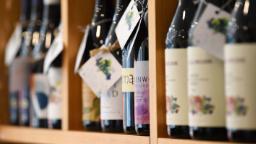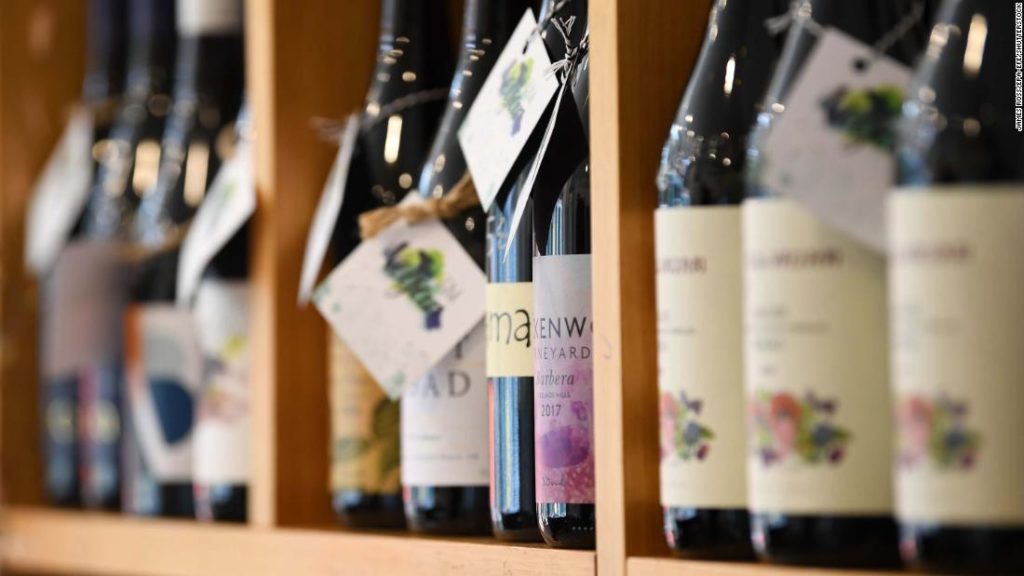
China is the most important export market for Australian wine, and winemakers are scrambling to find new markets following Beijing’s decision to slap tariffs of up to 212% on Australian wine imports amid an escalating trade war between the two nations.
Now a number of public figures associated with the Inter-Parliamentary Alliance on China (IPAC), which calls itself “an international cross-party group of legislators working to reform the approach of democratic countries to China,” have called on consumers to stand up to Beijing.
“We are asking you all to join us in standing against Xi Jinping’s authoritarian bullying,” said Miriam Lexmann, a Member of the European Parliament (MEP) representing the Christian Democrats, in a video posted on Twitter on Tuesday.
“By drinking a bottle or two of Australian wine and letting the Chinese Communist Party know that we will not be bullied,” added Elisabet Lann, a municipal councilor from Sweden’s Christian Democrats.
Other politicians featured in the video include Australian MP Kimberley Kitching, US Senator Ted Yoho and Shiori Yamao, an independent member of Japan’s House of Representatives.
Tony Battaglene, CEO of Australian Grape and Wine, a national association, said Beijing’s tariffs have endangered business with mainland China.
Battaglene works with around 800 wine producers in Australia who have “built their businesses” around exporting to China and are now left with no backup plan, he added.
“We were surprised, we were shocked,” Battaglene told CNN Business. “Having the extent of these interim tariffs, I mean essentially they will close the market to Australian bottled wine, to premium wine, in China. There’s no way that we can compete at those levels.”
China’s Commerce Ministry announced Friday that its decision was made after finding preliminary evidence of dumping. Australian officials have bitterly protested the move, saying that China has been unable to provide proof.
The wine war is taking place against the backdrop of a wider deterioration in relations. Australia has upset China this year by calling for an investigation into the origins of the coronavirus pandemic. Beijing later targeted Canberra over trade, namely by suspending some imports of beef and slapping heavy tariffs on barley.
You may also like
-
Afghanistan: Civilian casualties hit record high amid US withdrawal, UN says
-
How Taiwan is trying to defend against a cyber ‘World War III’
-
Pandemic travel news this week: Quarantine escapes and airplane disguises
-
Why would anyone trust Brexit Britain again?
-
Black fungus: A second crisis is killing survivors of India’s worst Covid wave

